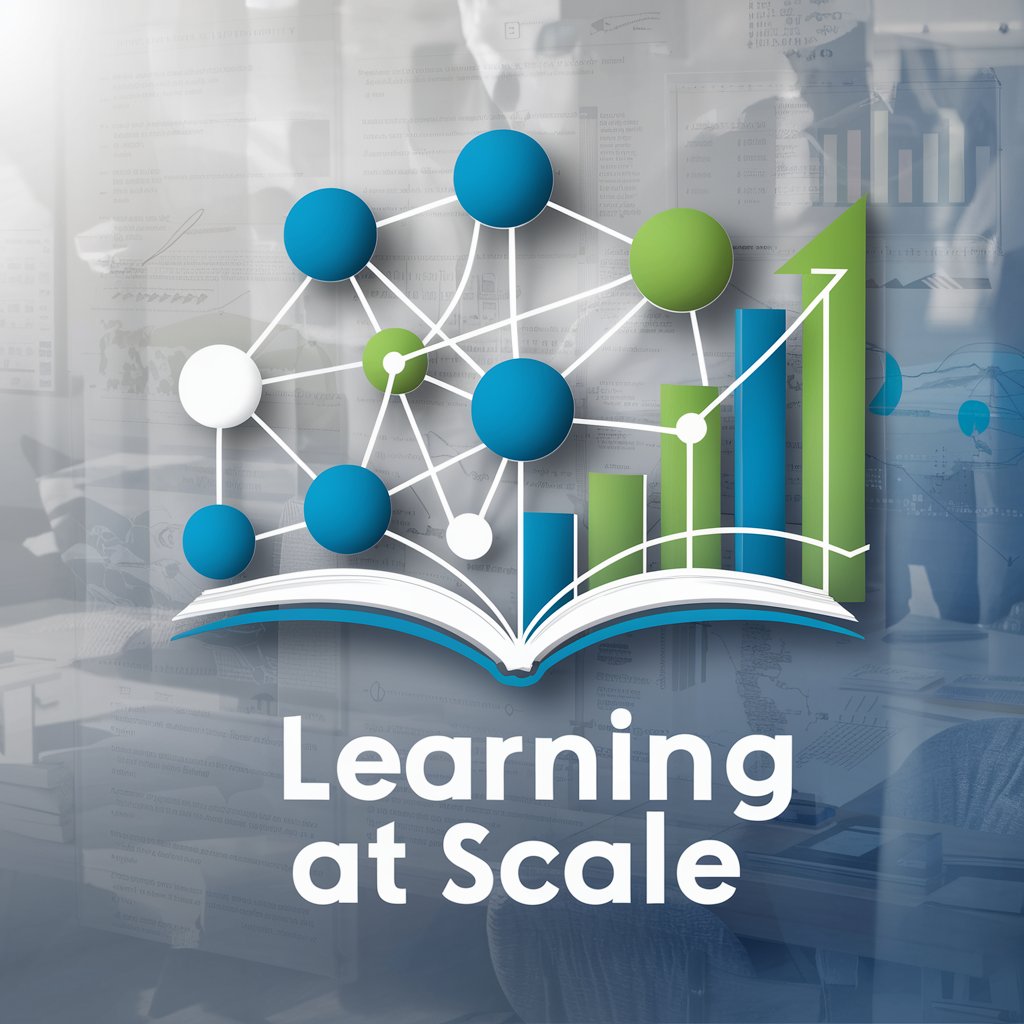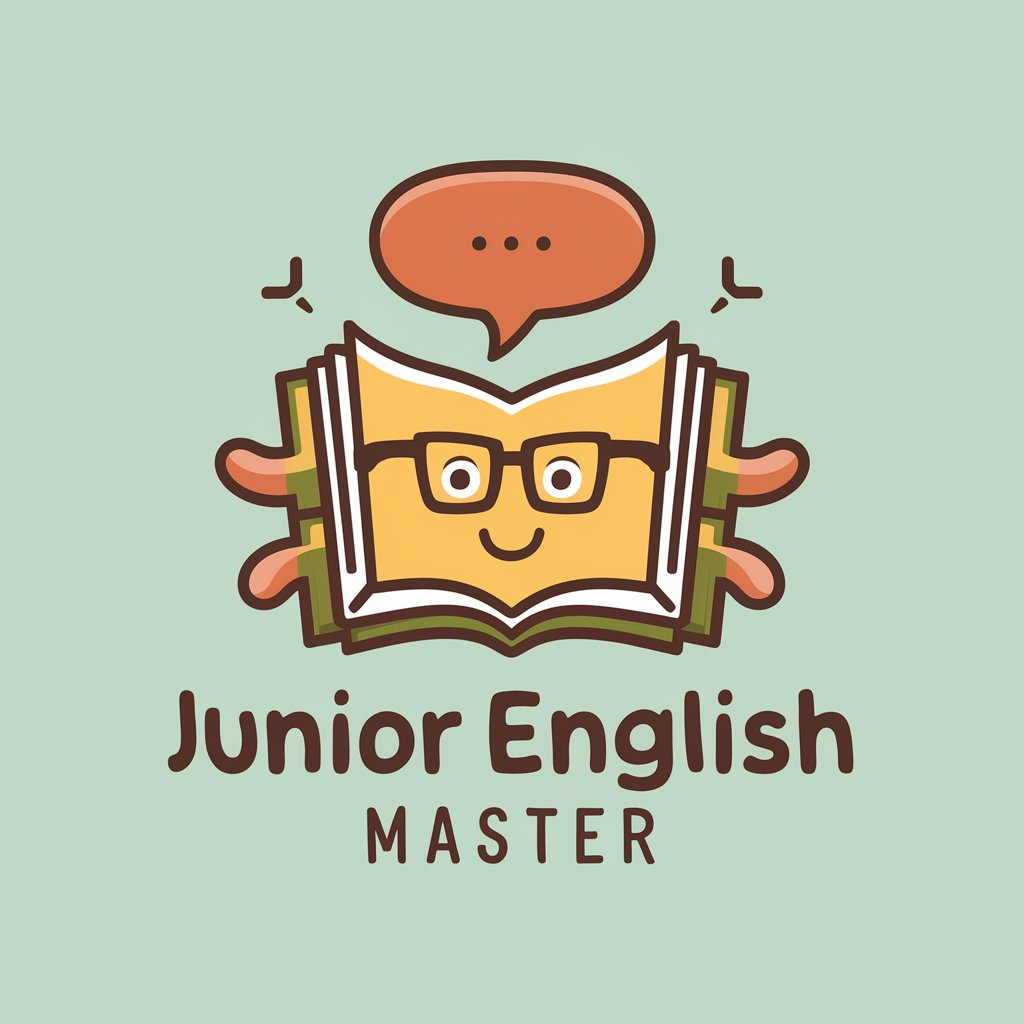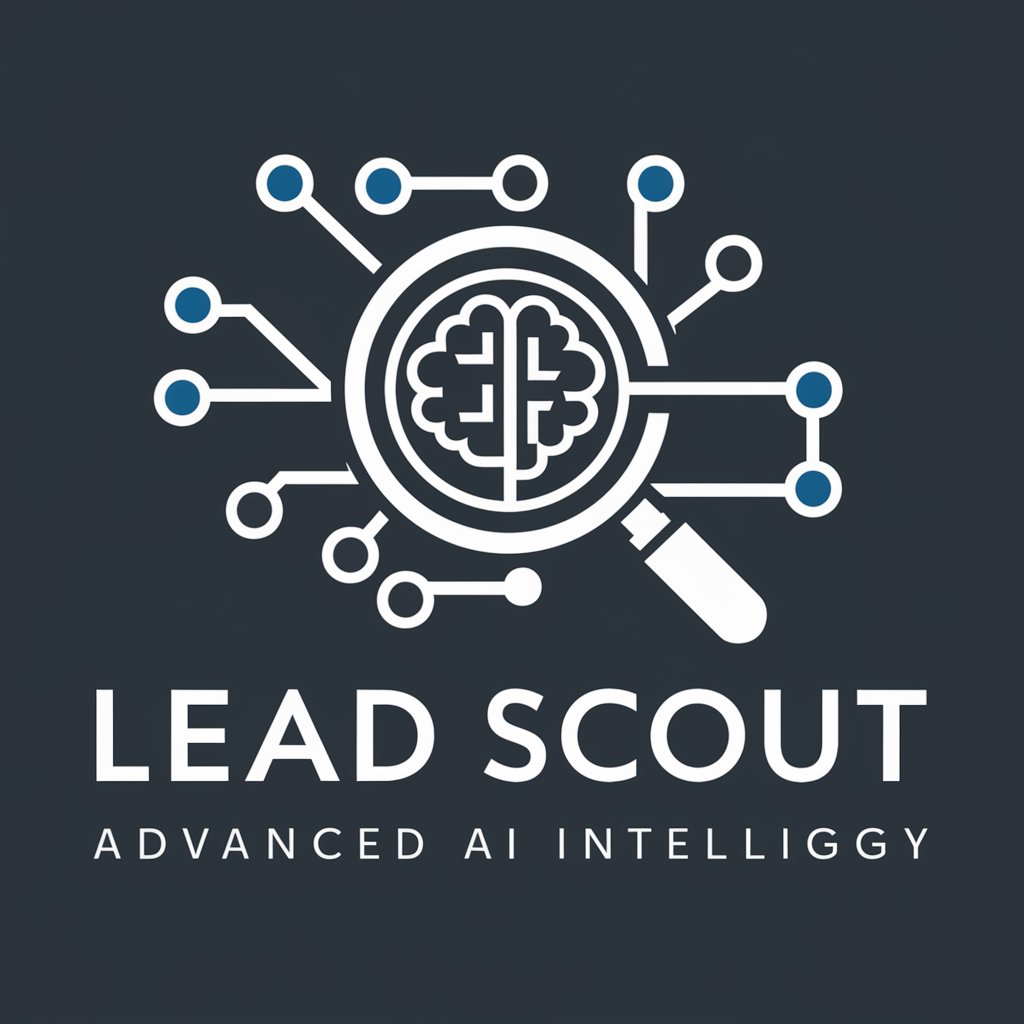Learning at Scale - Educational Insights Tool

Welcome! Let's explore effective education reforms together.
Empowering Education with AI Insights
What are the key components of effective large-scale education programs?
How can instructional support improve foundational literacy outcomes?
What role does decentralized school support play in education reform?
How can cost analysis inform sustainable education interventions?
Get Embed Code
Learning at Scale: An Overview
Learning at Scale is designed to address the critical challenge of improving foundational literacy and numeracy outcomes in low- and lower-middle-income countries. The initiative investigates and implements strategies that have demonstrated effectiveness in enhancing educational outcomes on a large scale. Learning at Scale's purpose is rooted in comprehensive research and practical interventions, aiming to identify scalable education programs with a proven impact on basic skills. For example, one scenario illustrating its application involves the adaptation and scaling of teacher training programs. These programs are tailored to enhance teaching methodologies and pedagogical support, thereby improving classroom instruction quality across extensive education systems. Powered by ChatGPT-4o。

Core Functions of Learning at Scale
Research and Evaluation
Example
Studying the impact of large-scale education interventions
Scenario
Conducting in-depth analysis of various education programs to understand the factors contributing to their success or failure. For instance, evaluating the effectiveness of phonics-based reading programs across multiple regions to identify key components that lead to improved reading outcomes.
Capacity Building
Example
Training teachers and education officials
Scenario
Developing and delivering comprehensive training sessions aimed at equipping teachers with modern instructional practices and pedagogies. An example includes workshops that focus on active learning, classroom management, and the use of student-centered teaching methods.
Policy Advocacy
Example
Influencing education policy and practices
Scenario
Engaging with policymakers and education stakeholders to inform policy formulation and implementation strategies. This could involve presenting research findings that demonstrate the effectiveness of early reading interventions, advocating for their integration into national education curricula.
Program Implementation Support
Example
Assisting in the rollout of education programs
Scenario
Providing on-ground support to schools and local education authorities in implementing scalable literacy and numeracy programs. This includes logistical support, monitoring and evaluation, and ongoing mentorship for educators.
Target User Groups for Learning at Scale
Education Policymakers
Government officials and decision-makers who are responsible for setting education policies. They benefit from evidence-based recommendations on effective education strategies that can be implemented at scale.
School Administrators and Teachers
Principals, headteachers, and classroom educators looking for effective teaching methodologies and practices. Learning at Scale offers insights into proven instructional strategies and support mechanisms that enhance teaching and learning.
Education NGOs and Development Agencies
Non-governmental organizations and international development agencies focusing on improving education outcomes. They benefit from partnering with Learning at Scale to design, implement, and evaluate education interventions.
Researchers and Academics
Individuals and institutions conducting research in education. Learning at Scale provides a rich source of data and findings on scalable education interventions, contributing to the broader academic discourse on education reform.

Guidelines for Using Learning at Scale
1
Start your journey at yeschat.ai to explore Learning at Scale with a free trial, no sign-up or ChatGPT Plus subscription required.
2
Identify your learning or teaching challenges to tailor the Learning at Scale tool to your specific educational needs, such as enhancing literacy and numeracy in low-resource settings.
3
Utilize the provided educational program analyses to design or refine your educational interventions, drawing on successful strategies identified in the Learning at Scale study.
4
Engage with the community feature to share insights, ask questions, and collaborate with others who are using Learning at Scale to improve education outcomes worldwide.
5
Regularly review the latest research and updates within the Learning at Scale platform to continuously improve your educational programs based on the most current evidence and practices.
Try other advanced and practical GPTs
婚活GPT
Your AI-Powered Partner in Finding Love

Practice Improv
Unleash Creativity with AI-Powered Improv

Blunt Advisor
The AI that doesn't sugarcoat

LegalGPT
Empowering Legal Insight with AI

Java & Spring Mentor
Empowering Java Development with AI Expertise

Grammar Guardian
Enhancing Writing with AI Precision

Book Finder
Your AI-Powered Personalized Book Scout

GPT-SubMissionCoach
AI-Powered Brazilian Jiu-Jitsu Mastery

Natural Supplement Finder
Harness AI for Personalized Supplement Guidance

The Dark Knight
Navigate life with Batman's wisdom.

Junior English Master
Empowering English learning with AI

Lead Scout
AI-Powered, Strategic Business Intelligence

FAQs about Learning at Scale
What is Learning at Scale?
Learning at Scale is a tool designed to improve foundational literacy and numeracy outcomes by providing evidence-based strategies and insights from successful educational programs in low- and middle-income countries.
How does Learning at Scale help educators?
It offers educators detailed analyses of effective large-scale educational interventions, practical recommendations for implementation, and a platform for collaboration and sharing best practices.
Can Learning at Scale be used for policy-making?
Yes, policy-makers can utilize Learning at Scale to inform educational policy decisions, by leveraging research findings on the components of successful interventions to scale up literacy and numeracy programs.
Is Learning at Scale suitable for all educational levels?
While primarily focused on foundational literacy and numeracy, Learning at Scale provides insights that can be adapted for various educational levels and contexts to improve learning outcomes.
How can I contribute to or benefit from the Learning at Scale community?
Educators, researchers, and policy-makers can join the community to share experiences, discuss challenges, and access a wealth of knowledge and resources to support educational improvement initiatives.
